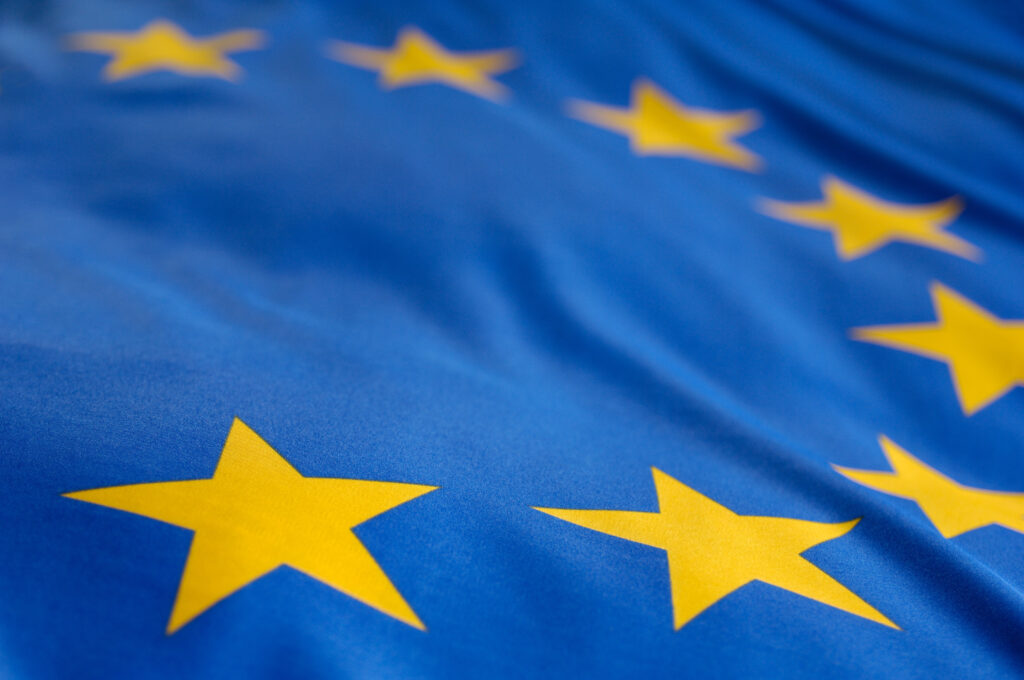
Horizon Europe, Horizon 2020’s successor, will shape Europe’s research and innovation over the next seven years. The European Union’s new framework programme for research and innovation for the period 2021-2027 is the world’s largest transnational research and innovation programme with a total budget of 95.5 billion euro, including the 5.4 billion euro allocated to the Next Generation EU recovery plan.
The Programme is managed directly by the European Commission and finances research and innovation activities involving exclusively civil applications, mainly through open and competitive calls for proposals.
The main goal of Horizon Europe is to strengthen the European Union’s scientific and technological bases and the European Research Area, promoting competitiveness in all Member States while tackling the global challenges identified by the UN’s Sustainable Development Goals and the Paris Climate Agreement.
Horizon Europe is structured around three Pillars ‒ Excellent Science; Global Challenges and European Industrial Competitiveness; Innovative Europe ‒ and a horizontal part. One of the main new features of the Programme is the research and innovation missions.
In line with Horizon 2020, the first Pillar of Horizon Europe ‒ Excellent Science ‒ aims to strengthen the EU’s scientific excellence by attracting the best talent to its Member States, providing support to early and mid-career researchers and fostering the creation and diffusion of high-quality knowledge, methodologies, skills, technologies and solutions to address global societal, environmental and economic challenges. The “Excellent Science” Pillar has a budget of 25 billion euro and is funded through three sources: European Research Council (ERC), Marie Skłodowska-Curie Actions (MSCA) and Research Infrastructures.
The second Pillar of Horizon Europe ‒ Global Challenges and European Industrial Competitiveness ‒ combines and integrates the second and third pillars of Horizon 2020 (“Industrial Leadership” and “Societal Challenges”) supporting the creation and diffusion of knowledge and technologies to address global challenges and help strengthen European industrial competitiveness. The aim is to support and boost the impact of research and innovation on society and foster the adoption of innovative solutions in the industrial sector, with particular attention to small and medium-sized enterprises and startups. The second Pillar has a budget of 53.5 billion euro and is structured around six cross-sectoral clusters: Health; Culture, Creativity and Inclusive Society; Civil Security for Society; Digital, Industry and Space; Climate, Energy and Mobility; Food, Bioeconomy, Natural Resources, Agriculture and Environment.
Horizon Europe’s second Pillar also includes the Joint Research Centre, the European Commission’s science and knowledge service which provides EU policies with independent, evidence-based scientific and technical support independent of national, commercial or private interests.
The third Pillar of Horizon Europe ‒ Innovative Europe ‒is a new feature of the Framework Programme designed to promote all forms of innovation, including non-technological innovation, and facilitate the development, demonstration and transfer of knowledge and innovative solutions to society. In particular, this Pillar aims to promote pioneering innovations based on highly advanced technologies. The particularly ambitious goal is to identify and, over time, bring to market companies with the highest growth potential, the so-called scaleups. The third Pillar has a budget of 13.6 billion euro and is structured around three actions: European Innovation Council (EIC); European Innovation Ecosystems; European Institute of Innovation and Technology (EIT).
In addition, Horizon Europe includes a horizontal part ‒ Widening Participation and Strengthening the European Research Area ‒ through which the Programme intends to reduce inequalities in research and innovation activities and promote the open and diversified nature of projects. This part of the Programme, having a budget 3.4 billion euro, aims to improve research management capacity and support national policy reforms aimed at strengthening the European Research Area.
One of the main novelties of Horizon Europe is the Research and Innovation Missions. These were designed to improve the effectiveness of funding and contribute to the solution of some of the greatest global challenges of our time. Horizon Europe identifies five mission areas: Cancer; Adaptation to climate change including societal transformation; Healthy oceans, seas, coastal and inland waters; Climate-neutral and smart cities; Soil health and food. The missions are funded under the second Pillar “Global Challenges and European Industrial Competitiveness” but may also benefit from actions carried out within other parts of the Programme or complementary actions carried out within other EU programmes.
Horizon Europe site by APRE (Agenzia Per la Promozione della Ricerca Europea) (ITA)

